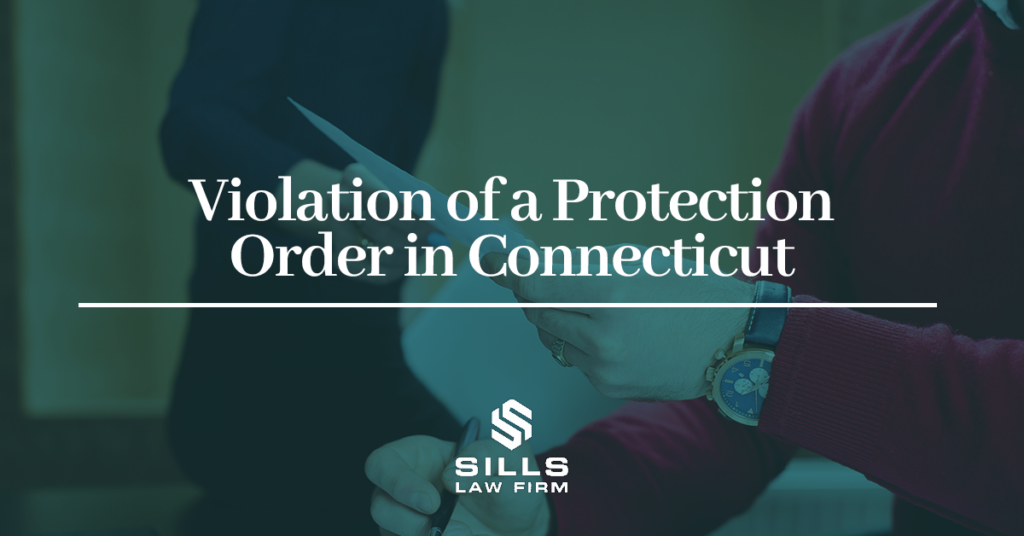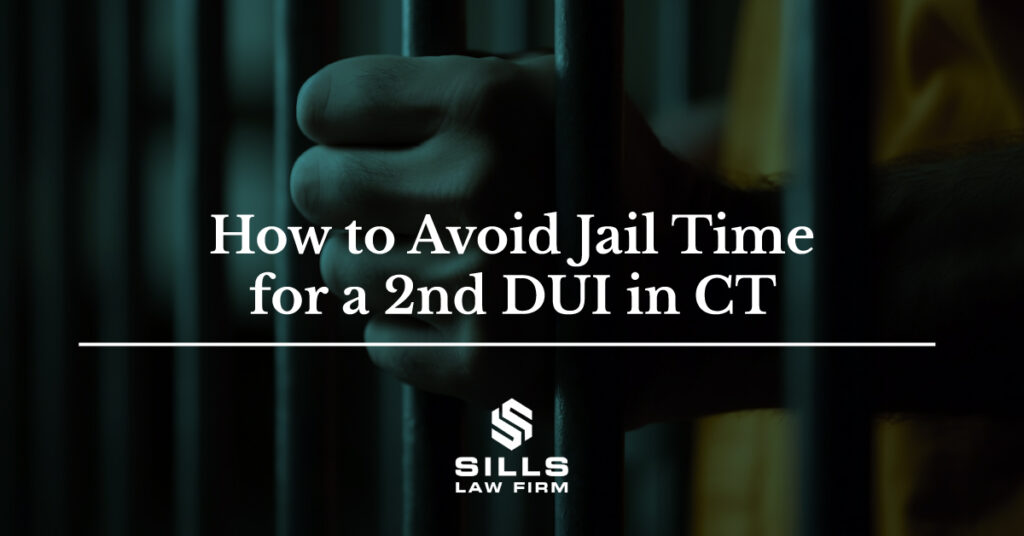After an arrest, a defendant has a right to bail. The courts use bail to ensure a defendant attends every hearing and doesn’t leave the state or country after being released from jail.
At a bail hearing, the defendant has an opportunity to convince the judge to be released on his/her own recognizance or to lower the bail amount. However, depending on the circumstances of the alleged crime, a judge has the power to deny bail entirely.
The following are some of the common reasons why a judge will deny bail:
- Severity of crime – If a person has been accused of a violent or sexually-charged felony offense, such as murder, armed robbery, rape, or child sexual assault, a judge could rule that the seriousness of the alleged crime is extremely high and it would not be a good idea to have you safely return to the general public.
- A threat to public safety – Bail is often given to individuals who aren’t perceived as a threat to public safety. However, if a person has been charged with a violent crime, he/she would be considered such a threat.
- Repeat offender – If a person has been convicted of multiple crimes, he/she will have trouble trying to obtain bail. The main reason why is the fact an individual is a repeat offender means that he/she hasn’t learned from their past actions or mistakes. Any judge will be skeptical about a repeat offender’s bail request since he/she has proven to be constantly unreliable.
- Flight risk – When a person is granted bail, he/she—in turn—agrees to stay in the area and appear in all court hearings. But if a judge believes a defendant will use bail as an attempt to flee the country, they can deny such bail—especially if there is a record of the defendant previously attempting to flee in previous cases.
- Likelihood of missing court dates – Individuals who do not take the charges against them seriously typically miss their court dates. Not only does missing a court date make a person look bad, but it also shows that they are not responsible. Since receiving bail is a privilege, a judge might not grant bail to someone who won’t show any effort to protect their rights and best interests.
If you or a loved one has been arrested in Connecticut, The Sills Law Firm can help you gain a better understanding of how bail bonds work. With more than 20+ years of combined legal experience, we know what it takes to help our clients obtain the best possible outcome in their criminal cases.
For more information about our legal services, contact us today at (860) 524-8118 and schedule a free consultation. Do not wait to get experienced and effective legal representation on your side immediately.
Related:






